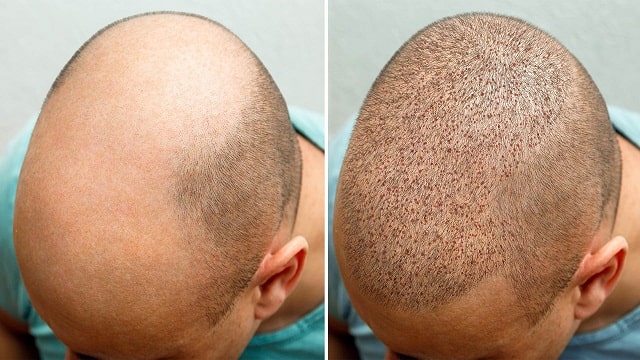Deciding to undergo a hair transplant is a significant step that requires careful consideration and planning. Hair transplants can provide a long-term solution to hair loss, but they also come with various factors that need to be evaluated to ensure successful and satisfactory results. Understanding the key aspects involved in this procedure can help individuals make informed decisions and set realistic expectations. This article outlines five crucial things to consider before getting a hair transplant, providing valuable insights to guide potential candidates through the process.
Understanding the Cause of Hair Loss
Before opting for a hair transplant, it is essential to understand the underlying cause of your hair loss. Various factors can contribute to hair thinning and baldness, including genetics, hormonal changes, medical conditions, and lifestyle choices. A thorough medical evaluation by a dermatologist or a hair restoration specialist can help determine the root cause of your hair loss. Identifying the cause is crucial because it influences the treatment plan and ensures that a hair transplant is the appropriate solution. Without addressing the underlying issue, there is a risk that hair loss can continue even after the transplant.
Evaluating the Surgeon’s Credentials
Choosing a qualified and experienced surgeon is one of the most critical factors in ensuring a successful hair transplant. Researching the surgeon’s credentials, including their education, certifications, and experience in performing hair transplants, is essential. Look for board-certified specialists who have a proven track record of successful procedures and satisfied patients. Reading reviews, viewing before-and-after photos, and seeking recommendations can provide insights into the surgeon’s expertise. A skilled surgeon not only ensures better results but also minimizes the risks of complications during and after the procedure.
Assessing the Financial Investment
Before deciding to go through with a FUE hair transplant in Los Angeles, it is wise to calculate all of the associated expenses. A hair transplant’s final cost might change based on variables including the severity of hair loss, the quantity of grafts required, and the level of expertise of the physician doing the procedure. It is recommended to get comprehensive quotations from several clinics so you can compare expenses and know exactly what you are paying for. Prioritizing quality and experience is essential to attaining satisfactory outcomes, even if it might be tempting to go with the lowest-cost alternative. You should also think about the long-term cost savings that might result from a permanent remedy as opposed to continuing with interim therapies.
Considering the Recovery Process
When contemplating the procedure of obtaining a hair transplant, it is essential to consider the recuperation period. Following surgery, there can be a period of recovery during which the scalp can be sensitive, and it can be necessary to limit some activities during this time. It is helpful to prepare properly if one has a thorough understanding of the recovery timeframe, which includes the anticipated amount of downtime and any aftercare that can be required. Most patients can resume their usual activities within a week, although it can take many months for them to heal and have hair growth fully. In order to get the best possible outcomes, it is essential to be well-prepared for the recovery process. This will allow you to manage your expectations and take the appropriate actions effectively.
Setting Realistic Expectations
While a procedure can effectively restore hair density and improve appearance, it’s crucial to understand its limitations and potential outcomes. Patients should consult with a qualified surgeon to assess candidacy, discuss treatment goals, and determine the most suitable approach. Additionally, it’s important to recognize that hair transplant results can take time to fully develop, with noticeable improvements becoming evident over several months. By approaching the process with patience and understanding, individuals can make informed decisions and achieve satisfactory results that align with their expectations.
Conclusion
Considering a hair transplant involves more than just the desire to restore lost hair. It requires a comprehensive evaluation of various factors, from understanding the cause of hair loss and choosing a qualified surgeon to assessing the financial investment and recovery process. Setting realistic expectations is equally important to ensure satisfaction with the results. By carefully considering these five key aspects, individuals can make informed decisions and embark on their hair restoration journey with confidence. Ultimately, thorough preparation and realistic expectations pave the way for successful and gratifying outcomes in hair transplantation.





